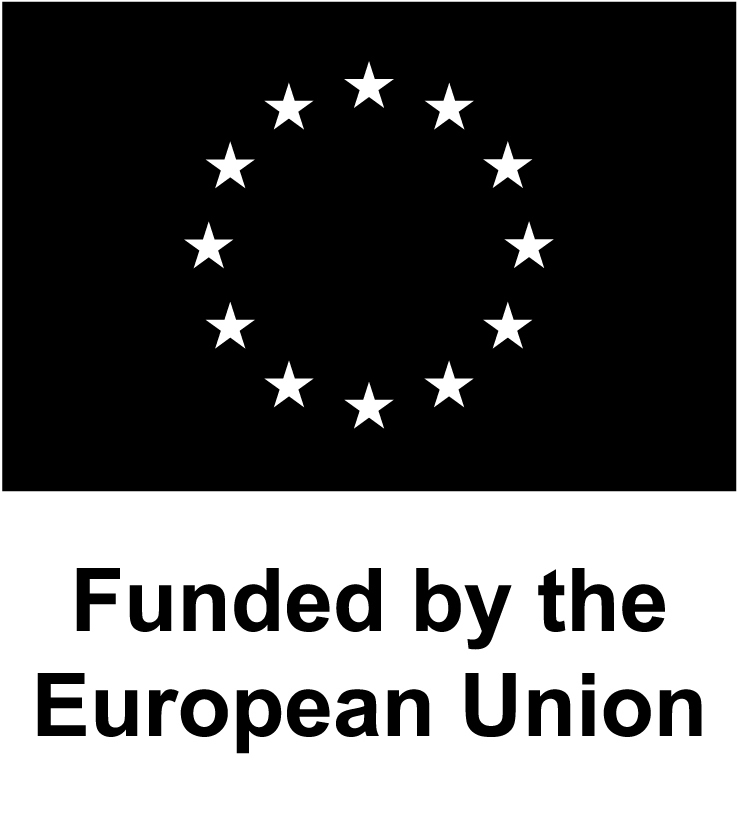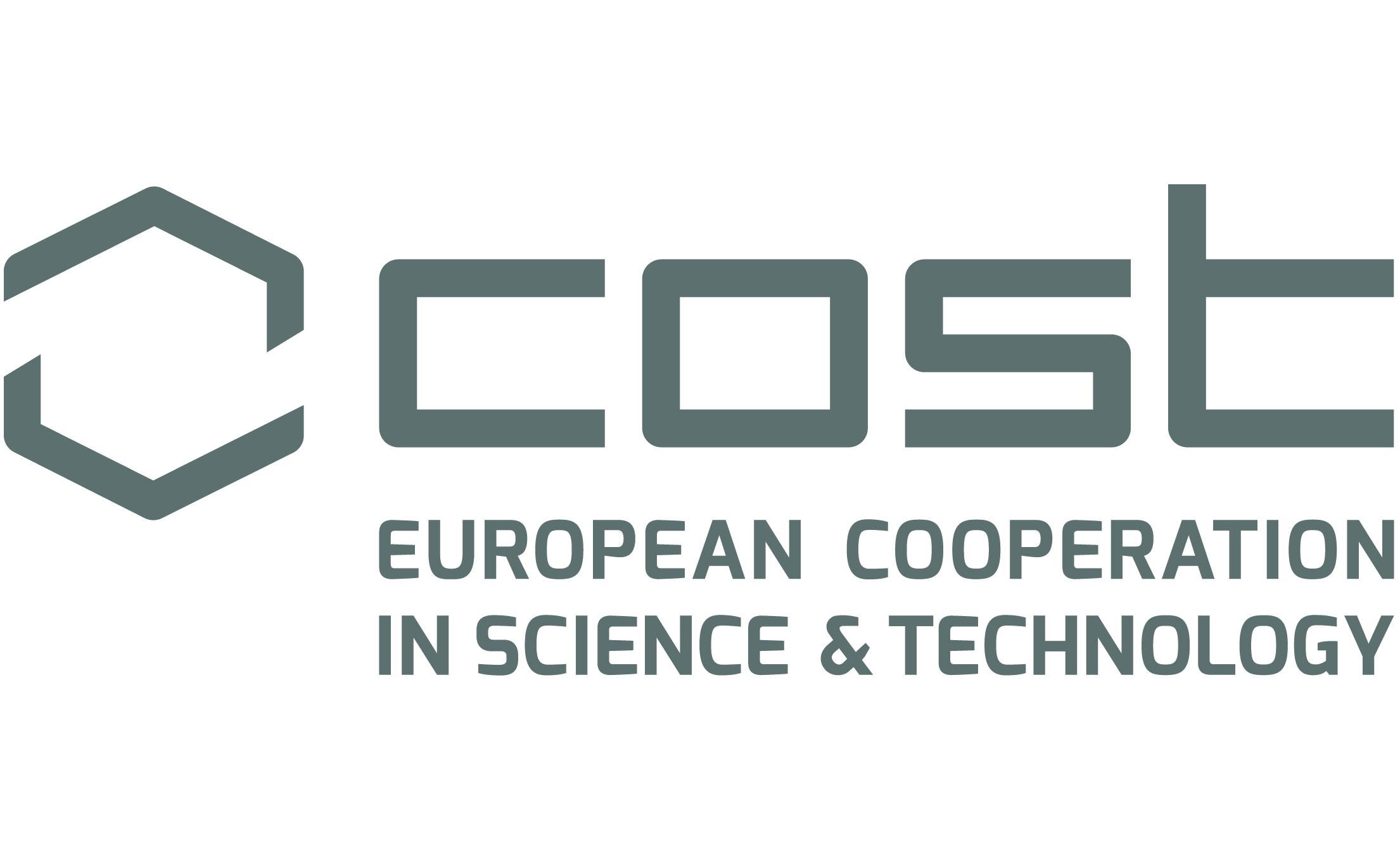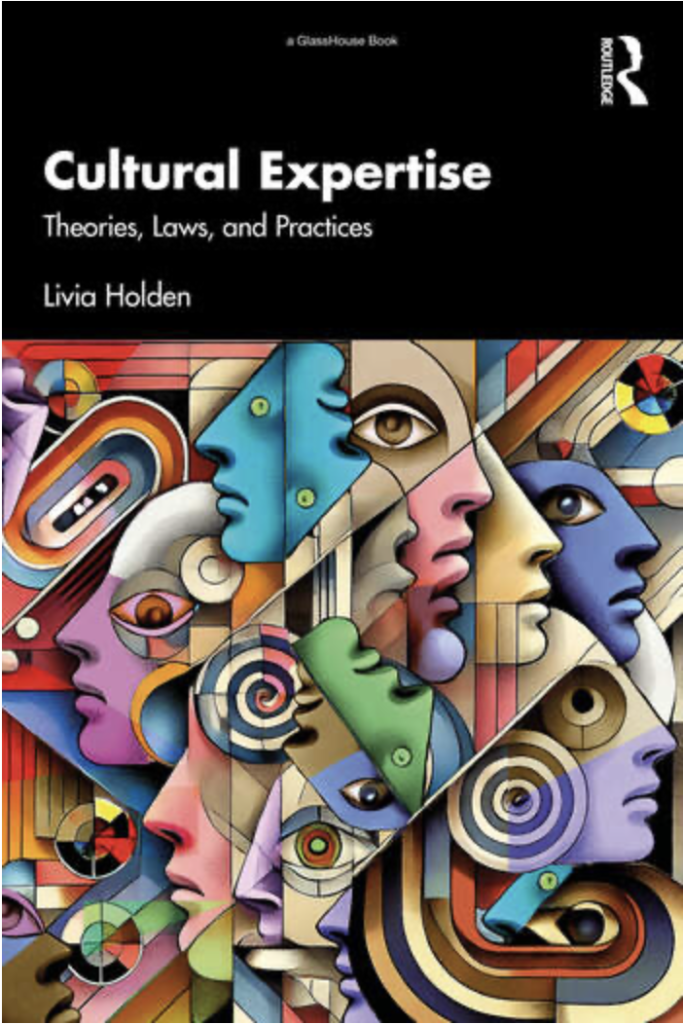Cultural expertise. Theories, Laws, and Practices
We are thrilled to announce the release of “Cultural Expertise: Theories, Laws, and Practices,” authored by Livia Holden, with significant contributions from Dina Hadad and Noora Arajärvi. This groundbreaking book, available in Open Access with Routledge, provides an unprecedented examination of cultural expertise, combining theoretical insights, ethical positioning, legal frameworks, and practical applications to offer a holistic understanding of this vital interdisciplinary concept.
Bridging Theory, Law, and Practice
This book is unique in its approach, transcending disciplinary compartmentalisation to present cultural expertise as an interdisciplinary framework that promotes more inclusive justice systems. It offers a thorough exploration of how cultural expertise intersects with all the disciplines of the social sciences, making it a critical resource for academics and practitioners alike.
Divided into three key sections, the book provides both conceptual and practical insights:
Part 1: Theories
This section delves into the foundational and evolving theoretical perspectives of cultural expertise, addressing its origins and definitions:
1.Cultural expertise without cultural expertise
2.Cultural expertise before cultural expertise
3.Toward cultural expertise
4.The definitions of cultural expertise
Part 2: Laws
Offering an in-depth look at cultural expertise in legal contexts, this section examines its applications across various legal systems and the ethical considerations involved:
5. Cultural expertise in common law and civil law countries (co-authored by Dina Hadad and Livia Holden)
6. The legal procedures governing cultural expertise (co-authored by Noora Arajärvi and Livia Holden)
7. The ethics of cultural expertise
Part 3: Practices
This practical section provides essential guidance for professionals at all stages of their careers, detailing the processes of writing expert reports and answering key legal questions:
8. Cultural expertise and the professionalization of anthropology
9. The composition of an expert report of cultural expertise
10. The questions asked to cultural experts
11. Cultural experts in action
The book’s comprehensive practical guidance will be particularly useful for experts navigating the complexities of writing expert reports and engaging in legal proceedings.
Who Should Read This Book?
This book will appeal to:
•Academics and students in socio-legal studies, international law, comparative law, human rights, immigration, asylum, and refugee law, and cultural anthropology.
•Legal professionals such as judges, lawyers, and policymakers who strive for inclusive justice.
•Experts at various stages of their careers, looking for hands-on guidance in offering cultural expertise and navigating legal inquiries.
Reviews from Global Experts
The book has received high praise from leading scholars and professionals across disciplines, including:
•Emma Varley, Associate Professor of Anthropology, University of Brandon, Canada, and Former President of the Canadian Anthropology Society (CASCA)
•Kamari Maxine Clarke, Distinguished Professor of Transnational Justice and Sociolegal Studies, University of Toronto, Canada
•Lawrence Rosen, Professor Emeritus of Anthropology, Princeton University, and Adjunct Professor of Law Emeritus, Columbia University, USA
•David Shankland, Director of the Royal Anthropological Institute of the UK and Ireland
•Euis Nurlaelawati, Professor of Islamic Family Law, State Islamic University, Yogyakarta, Indonesia
•Gary Edmond, Fellow of the Royal Society of New South Wales, Fellow of the Australian Academy of Law, University of New South Wales, Australia
•ChorSwang Ngin, Professor Emerita, California State University, Los Angeles, USA
We are excited to share that this book will is available in Open Access, ensuring it is freely accessible to researchers, practitioners, and students worldwide. Stay tuned for updates on the official release date and how to access it.
Join the Conversation
We hope this book inspires further discussions and developments in the field of cultural expertise. If you have ideas for future research or training, we welcome your contributions and collaboration.
This output is based upon work from K-Peritia CA22101, supported by COST (European Cooperation in Science and Technology).










